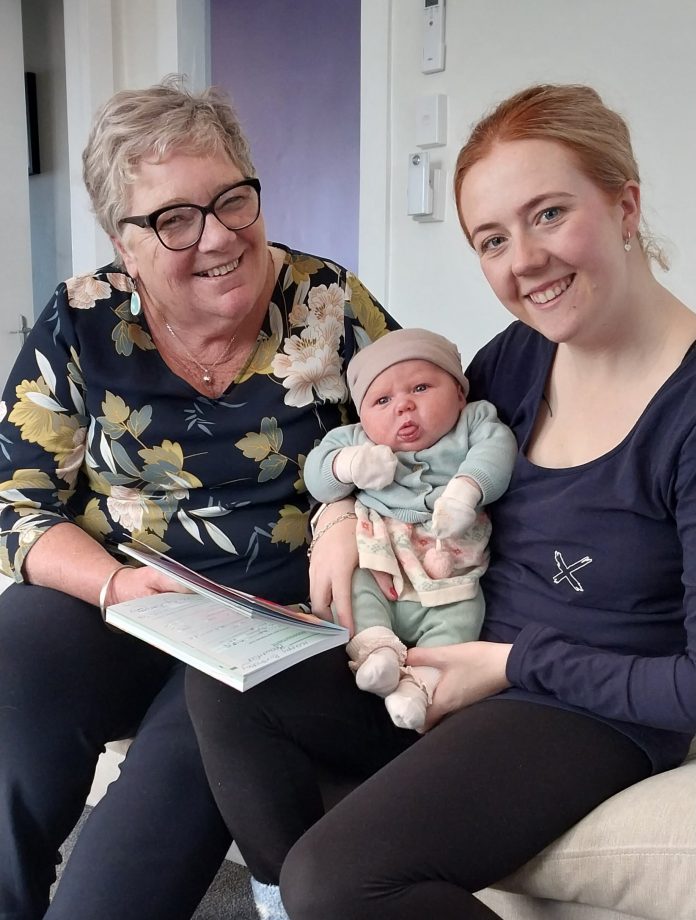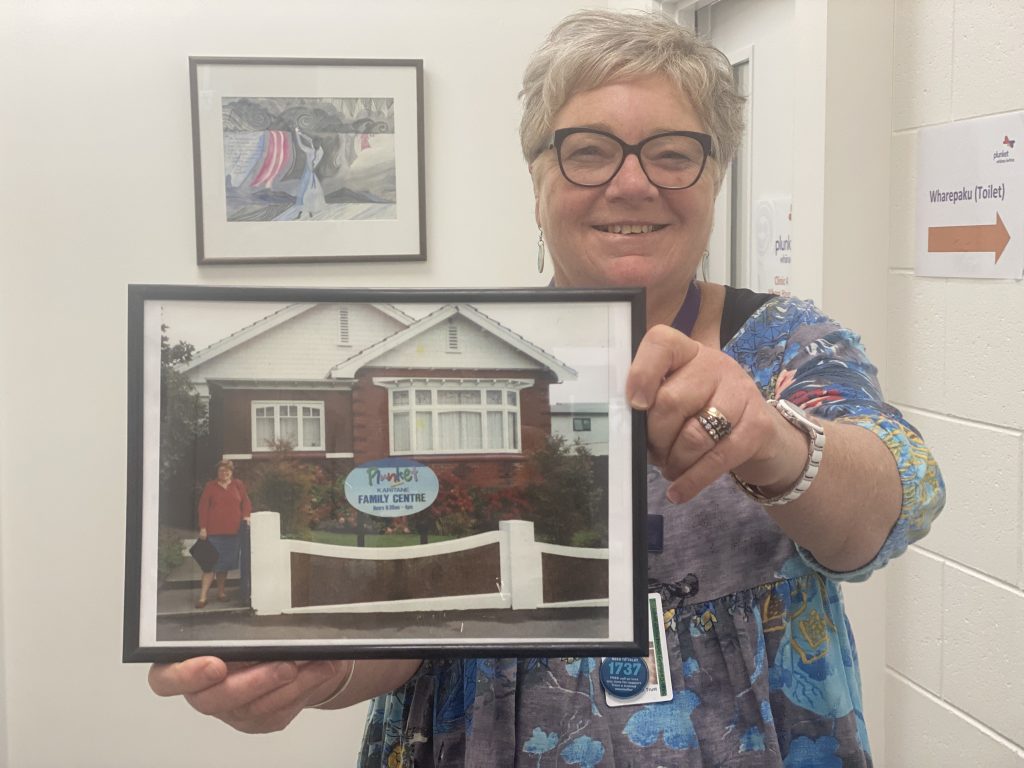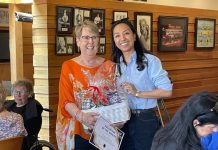
After 39 years — and boundless bouncing babies — Raelene Todd is putting away her tape measure and scales for the last time.
Mrs Todd has been working at Plunket in South Canterbury since 1984, and said one of the things she would miss in retirement would be ‘‘all of the lovely mums’’.
One mother she visited on a farm near Waimate had even come to Mrs Todd’s aid. Despite only just having a baby, she took care of a flat tyre without hesitation.
‘‘Next thing here she is down on the ground changing my tyre. It was not a problem to her.’’
She never felt like her work had gone unnoticed. ‘‘I’ve arrived home to find flowers on my step. It makes you feel special, and it makes you realise the role is valued.’’
She had also been given fish, a leg of lamb and chocolates. ‘‘You aren’t looking for gifts, but you are touched by them.’’
Mrs Todd had two children of her own, Henry (33) and Phoebe (28), and in the five years between her children’s births she had experienced several miscarriages. She felt those losses ‘‘certainly helped me to empathise with women going through loss’’.
‘‘Being in the role, surrounded by babies, I wondered if I was going to have another chance.
‘‘But, happily, Phoebe arrived.’’
With some years as a Plunket nurse under her belt before becoming a mum, she ‘‘parented quite consciously’’. Taking notes from all the research and readings, she practised ‘‘positive parenting’’.
‘‘Well, most of the time.’’
The role of Plunket nurse had changed over the years. From the length of consultations — which were a short and sweet 15 minutes in earlier days — to the paperwork.

There was ‘‘not so much documenting in those days’’, and what was documented was handwritten. While the nurses would take phone calls after hours in the early days, after Plunket Line started in the mid 1990s there were fewer calls.
While they now had digital scales, there were many years of weighing babies on spring scales — commonly known as ‘‘fish scales’’ — hanging the baby up in a napkin and a safety pin. Society had changed too, as she had not seen as many working mums when she first began.
But for her the biggest change of all was going into homes so thick with smoke that you could ‘‘cut the air with a knife’’. There would be ‘‘all these butts in ashtrays and you would be weighing the baby nearby. ‘‘You virtually never see that any more.’’ Over the years, one of the things she really enjoyed was the group work, such as the first time parent groups. There were many laughs as mums shared their stories and everyone ‘‘relaxing and realising that things they were worried about were normal’’.
It was an absolute joy to see parents ‘‘become confident in their parenting’’.
She became a team leader in 2021.
‘‘I fill in for a Plunket nurse and I’m seeing babies of babies. It is really special.
‘‘Sometimes I tell people my name might be in theirs or their partner’s Plunket book . . .and they say ‘I’m going home right now to see what you wrote about my husband!’.’’
She could not have done it without the support of her own husband Robert.
‘‘I would be late home and he would have the dinner on.’’
He was a good cook, and often the couple prepared meals together. They had an unspoken rule in their marriage whoever was home first made dinner.
She suspected she might have to cook more in her retirement.




